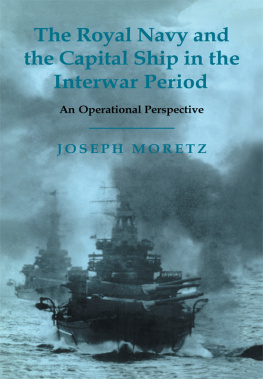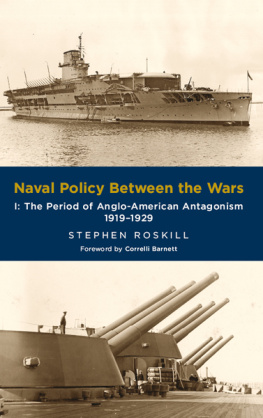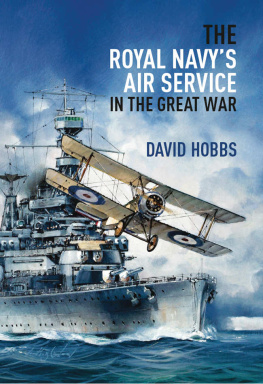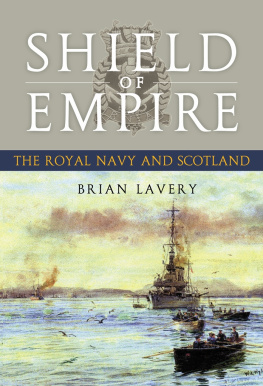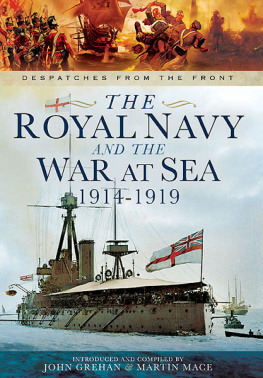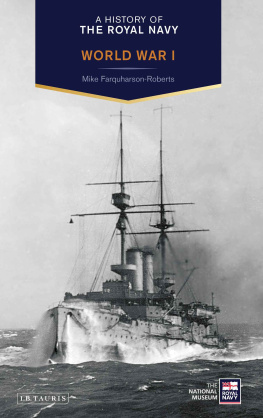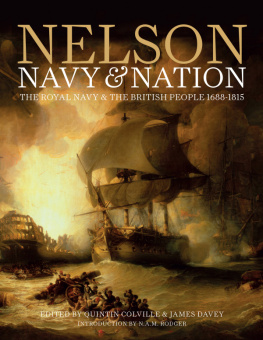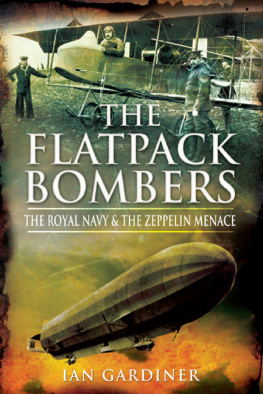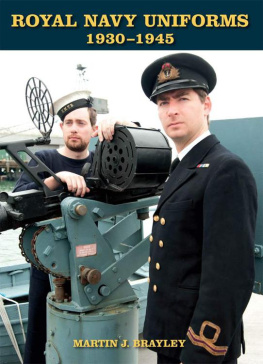THE CHALLENGES OF COMMAND
Corbett Centre for Maritime
Policy Studies Series
Series editors:
Professor Greg Kennedy, Dr Tim Benbow and Dr Jon Robb-Webb,
Defence Studies Department, Joint Services Command and Staff College, UK
The Corbett Centre for Maritime Policy Studies Series is the publishing platform of the Corbett Centre. Drawing on the expertise and wider networks of the Defence Studies Department of Kings College London, and based at the Joint Services Command and Staff College in the UK Defence Academy, the Corbett Centre is already a leading centre for academic expertise and education in maritime and naval studies. It enjoys close links with several other institutions, both academic and governmental, that have an interest in maritime matters, including the Developments, Concepts and Doctrine Centre (DCDC), the Naval Staff of the Ministry of Defence and the Naval Historical Branch.
The centre and its publishing output aims to promote the understanding and analysis of maritime history and policy and to provide a forum for the interaction of academics, policy-makers and practitioners. Books published under the eagis of the Corbett Centre series reflect these aims and provide an opportunity to stimulate research and debate into a broad range of maritime related themes. The core subject matter for the series is maritime strategy and policy, conceived broadly to include theory, history and practice, military and civil, historical and contemporary, British and international aspects.
As a result this series offers a unique opportunity to examine key issues such as maritime security, the future of naval power, and the commercial uses of the sea, from an exceptionally broad chronological, geographical and thematic range. Truly interdisciplinary in its approach, the series welcomes books from across the humanities, social sciences and professional worlds, providing an unrivalled opportunity for authors and readers to enhance the national and international visibility of maritime affairs, and provide a forum for policy debate and analysis.
The Challenges of Command
The Royal Navys Executive Branch Officers, 18801919
ROBERT L. DAVISON
Wilfrid Laurier University and
University of Guelph, Canada
First published 2011 by Ashgate Publishing
Published 2016 by Routledge
2 Park Squre, Milton Park, Abingdon, Oxon OX14 4RN
711 Third Avenue, New York, NY 10017, USA
Routledge is an imprint of the Taylor & Francis Group, an informa business
Copyright Robert L. Davison 2011
Robert L. Davison has asserted his right under the Copyright, Designs and Patents Act, 1988, to be identified as the author of this work.
All rights reserved. No part of this book may be reprinted or reproduced or utilised in any form or by any electronic, mechanical, or other means, now known or hereafter invented, including photocopying and recording, or in any information storage or retrieval system, without permission in writing from the publishers.
Notice:
Product or corporate names may be trademarks or registered trademarks, and are used only for identification and explanation without intent to infringe.
British Library Cataloguing in Publication Data
Davison, Robert L.
The challenges of command : the Royal Navys Executive Branch officers, 1880-1919. -- (Corbett Centre for Maritime Policy Studies series)
1. Great Britain. Royal Navy--Officers--History--19th century. 2. Great Britain. Royal Navy--Officers--History--20th century. 3. Great Britain. Royal Navy--History--World War, 1914-1918. 4. Naval art and science--Great Britain--History--19th century. 5. Naval art and science--Great Britain--History--20th century.
I. Title II. Series
359.3310941-dc22
Library of Congress Cataloging-in-Publication Data
Davison, Robert L.
The challenges of command : the Royal Navys executive branch officers, 1880-1919 / Robert L. Davison.
p. cm. -- (Corbett Centre for Maritime Policy Studies series)
Includes bibliographical references and index.
ISBN 978-1-4094-1967-9 (hardcover)
1. Great Britain. Royal Navy--Officers--History--19th century. 2. Great Britain. Royal Navy--Officers--History--20th century. 3. Great Britain. Royal Navy--History--19th century. 4. Great Britain. Royal Navy--History--20th century. 5. Naval art and science--Technological innovations--Great Britain--History--19th century. 6. Naval art and science--Technological innovations--Great Britain--History--20th century. I. Title.
VB315.G7D38 2011
359.3'32094109034--dc22
2011005538
ISBN 9781409419679 (hbk)
Contents
This book is dedicated to my wife Danielle Maxwell and to the
memory of my late maternal grandparents, Arlie Egerton Metcalfe
and Marjorie Elma Vernon. They were simply the best
grandparents that anyone could ask for.
Acknowledgements
Although historical research is generally a solitary and sometimes even a lonely pursuit, the support of others is vital. Special thanks go to my former PhD supervisor, Professor Lewis R. Fischer, for his encouragement and criticism. Other members of the History Department at Memorial University of Newfoundland were also of great assistance especially Professors David R. Facey-Crowther, Christopher You, James K. Hiller, Jeff Webb, Valerie Burton and William Reeves. Others such as Professors John Beeler and Andrew Lambert also provided much assistance. Members of the History Department at Wilfrid Laurier University, Professors Roger Sarty and John Laband were also important to the completion of this project. Special thanks are reserved for Professor Barry Gough who has consistently provided me with much critical insight and encouragement. Thanks go as well to my former colleagues Mark Hunter, Kurt Korneski, Dave Clarke, Bill Miles and Rob Dienesch for their insights. I wish also to acknowledge the hospitality of Professor John and Mrs Pam Armstrong in providing a comfortable place to stay at the Hotel Newfoundland, Ealing.
I also thank the following for their support: the Canadian Nautical Research Society for co-sponsoring my PhD Fellowship and providing a forum for the presentation of papers; and to the Society for Military History for both the financial assistance that made my attendance at the 2003 Knoxville conference possible and a supportive venue for presenting my work. I am grateful, too, for the assistance of Dr Donald Bittner, United States Marine Corps Command College, for his help in regard to the 2004 Society for Military History conference in Washington DC. Also, to Kings College, London and Dr Adrian Jarvis at the Merseyside Maritime Museum in Liverpool for the opportunity to present and publish a paper based upon this research. The Bowring/Harlow travel fellowship provided assistance to enable me to stay at MUNs Harlow Campus in Essex, England, for extended research time in London.
The research staff at various repositories and libraries were extraordinarily helpful at all stages of the process of writing this study. In particular, the staff at the Queen Elizabeth II Library at MUN were of great assistance; especially the InterLibrary Loans Department and the staff of the Digital Media Centre. Thanks go as well to the Research Staffs at the National Maritime Museum, Greenwich; The National Archives, Kew; the British Library, both at Colindale and St Pancras; Churchill Archives Centre, Cambridge; and Matthew Sheldon at the Royal Naval Museum, Portsmouth. The assistance of Rear Admiral Richard Hill, RN (ret.), past editor of


